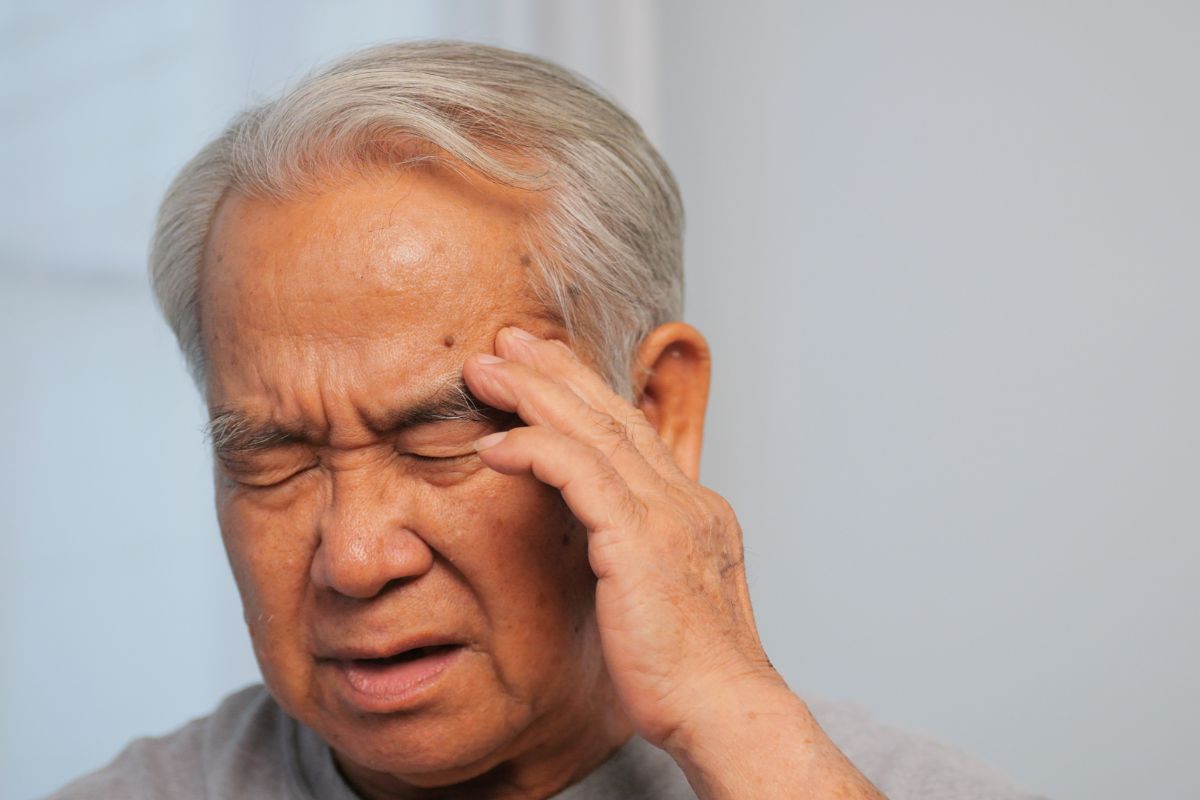When you think of tea, you may immediately think of traditional options such as black or green tea. But did you know there is a diverse range of teas to enjoy — such as herbal teas? They’re one of the most extensive categories of tea, offering hundreds of brews made from various plants and fruits.
But why drink herbal tea instead of traditional teas? Herbal teas offer health-promoting properties — some have even been used as natural remedies for various conditions for centuries. Increasingly, these purported benefits are being backed up by modern science. Read on to learn more!
Strictly speaking, herbal tea isn’t considered “tea” in the traditional sense. Traditional teas — like white, black, oolong, and green teas — come from the young leaves and buds of the Camellia sinensis.
Instead, herbal teas are made from blends or infusions of other plants, fruits, spices, and herbs. These blends are called tisanes and have been scientifically proven to offer numerous health benefits. But how good are herbal teas? Let’s take a closer look at some of their effects:
We are constantly faced with different stresses — work, family, friends, and ongoing pandemic — and all of that can add up pretty quickly. Left alone, your stress may even cause serious health problems. An easy way to relieve stress in a matter of minutes is through a cup of herbal tea.
Some teas are known for their calming effects, like Chamomile. It is said to have a relaxing, sedative effect on drinkers — which studies have proven to be true. One study found that long-term consumption of Chamomile tea led to significantly reduced moderate-to-severe anxiety and stress symptoms.
Another tea, Ashwagandha, is an adaptogenic herb used in traditional medicines. It supposedly can fight off the effects of stress. In recent studies, scientists found that it does this by helping your body adapt to environmental changes, which reduces the internal damage caused by chronic stress. All in all, herbal tea is a safe and relaxing alternative for dealing with daily stresses.

When you deal with injuries, sickness, and fatigue, it’s common for your body to feel sore and painful. Like common illnesses, this pain can be treated by over-the-counter medications — but these can have adverse side effects when taken in excess.
But unlike these medications, some herbal teas provide powerful relief without harmful side effects. Herbal tea like Ginger and Rooibos works on the root of your pain — inflammation. Some herbal teas inhibit your production of cytokines, which are the source of inflammation. Other herbal teas also block the activity of certain enzymes that can worsen inflammation. These effects help soothe your body and alleviate your pain.
Some herbal teas have antiviral, antifungal, and antibacterial properties, which boost your immune system. Drinking them regularly can not only prevent sickness but can also help you recover faster.
Teas like Turmeric are great for supporting immune functions. They’re packed with a bio compound called curcumin, which supports your body while it fights off viruses and bacteria. Another herbal tea, Hibiscus, not only has antibacterial properties, but also contains high levels of iron, antioxidants, and Vitamin C — all of which contribute to a more robust immune system.

Herbal teas can strengthen all parts and functions of your brain. These are typically made from nootropic herbs, which improve brain function by feeding brain cells, promoting good blood flow, and protecting your brain and nervous system from damage. Drinking these herbal teas is a great way to provide your brain with the essential nutrients and protection it needs to stay healthy.
For example, studies on lion’s mane tea showed it has neurotherapeutic and protective properties. They reduce inflammation in the memory-forming region of our brain, which suggests they can enhance memory and brain function. Rosemary tea is another good brain-boosting beverage — they contain compounds like rosmarinic acid that are shown to reduce anxiety, boost mood, and improve concentration.
Herbal teas contain lots of great compounds for your body — antioxidants, polyphenols, flavonoids, tannins, and much more. Studies on herbal polyphenols have shown that they can reduce the risk of certain cancers. Other studies show that tea can be used to combat chronic diseases like diabetes.
This is because the polyphenols, flavonoids, and tannins that are present in herbal teas have multiple functions. Polyphenols widen the arteries, which can reduce blood pressure, cholesterol levels, and the risk of blood clots. Flavonoids regulate free radicals, preventing excess damage and stress. Tannins support flavonoids, having antioxidant and anti-inflammatory effects.
In short, the answer to the question: “why drink herbal tea?” is that they have multiple short-term and long-term health-promoting effects. Plus, they come in a wide variety of flavors and benefits, making them an easy and enjoyable way to improve your wellbeing.
To get the most out of herbal tea’s health benefits, we recommend picking one that offers all these benefits, and much more — like Bacopa Monnieri tea. They are chock full of nutrients that your body needs for memory enhancement, immune response, stress relief, and much more. Click here to learn more about this herbal tea.

What are natural ingredients that support healthy hair from root to ti

What are the early signs of dementia in men that you shouldn’t ignor

What are the lifestyle recommendations for those with Alzheimer’

Overview This article talks about the different stages of dementia and
Oyuncular için güvenin simgesi haline gelen bettilt giriş politikaları memnuniyet sağlıyor.
Modern tasarımıyla dikkat çeken bettilt sürümü kullanıcıların ilgisini çekiyor.
Lisanslı yapısı ile güven veren bettilt markası sektörde fark yaratıyor.
Bahis tutkunlarının ilk tercihi haline gelen bettilt kalitesiyle tanınır.
Türkiye’de bahsegel giriş adını duyuran güvenilir yapısıyla fark yaratıyor.
Kazandıran kombinasyon önerileriyle kullanıcılarına bettilt destek olan profesyonel bir sitedir.
Ruletin popülaritesi, bettilt bonus kodu tarafından düzenlenen canlı turnuvalarla daha da artmıştır.
Modern video slotları etkileyici grafiklerle birleştiğinde, bahsegel deneme bonusu deneyimi daha da heyecanlı hale getirir.
Güncel kalmak isteyenler bahsegel üzerinden bağlantı kuruyor.
Daha çok eğlence isteyen oyuncular için bettilt oldukça cazip.
Gelecek yılki sürüm olan bettilt yeni özelliklerle geliyor.